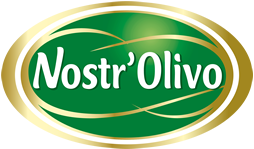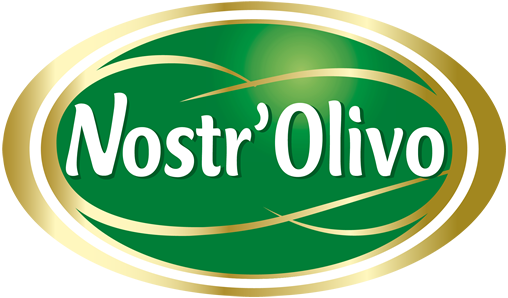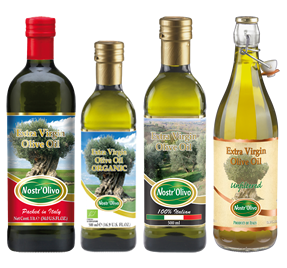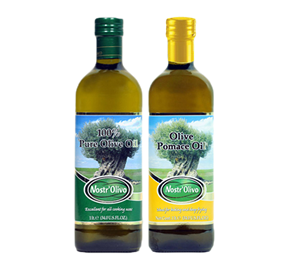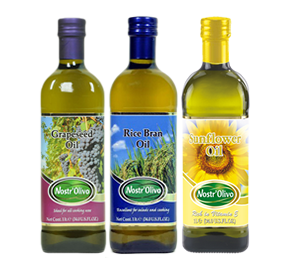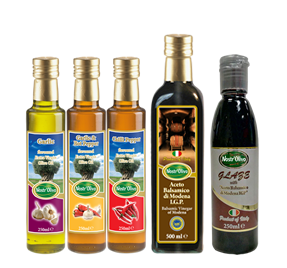OIL AND HEALTH
People who follow a Mediterranean diet consume less saturated fat. This is contrary to the high saturated fat sources typically consumed in the US – vegetable oils, margarine and animal fats such as butter and lard. Vegetables take more of a center stage in the Mediterranean diet. Unlike in the US where vegetables are usually considered side dishes, in the Mediterranean diet there is a much larger emphasis on fruits and vegetables and their health benefits. They contain much of the vitamins and minerals that are essential to a healthy diet. Plus they are excellent sources of fiber with few calories. Give the proximity to the Mediterranean sea fish is a central part of the Mediterranean diet. Fish not only is a healthy source of protein but also has the added benefits of the heart healthy Omega 3 oils. (This is assuming it is not prepared by frying it). Whole grains are wonderful sources of fiber and antioxidants. They reduce risks of heart disease, stroke, cancer and obesity. Because they are absorbed more slowly there is less of a spike in blood sugar after meals reducing risk for insulin resistance and diabetes. Animal fat sources such as red meat and eggs are high in cholesterol and if consumed in large amounts can increase your risk of heart disease. In the Mediterranean diet these foods are eaten a few times per week.
WHY OLIVE OIL & MED DIET ARE HEALTHY
Low in saturated fats
High in MUFA (oleic acid)
High in vitamins, minerals and fibers
High in anti-oxidants (poliphenols)
THE 5 MOST SCIENTIFICALLY SUPPORTED HEALTH BENEFITS OF OLIVE OIL
Extra virgin olive oil, the king of Mediterranean cuisine, has always been considered a valuable health ally. This natural juice It can help.
Lower bad colestherol & blood pressure
Protects from oxidative process
Prevents cancer
Helps cognitive functions
